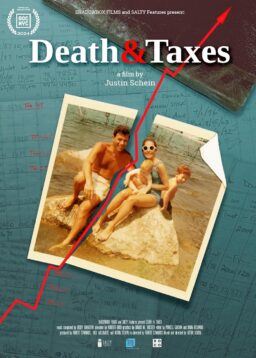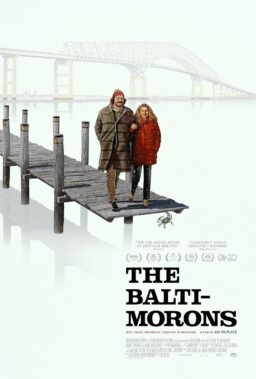From Robin Thompson, San Diego :
I’m getting really tired of people defending bad movie writing by saying some variation of the following: “Don’t be so picky. Who cares about the details? It’s not supposed to make sense. It’s not a documentary. Movies like that require suspension of disbelief.” No! No! NO! Woe was the day when “suspension of disbelief” made its way into the average moviegoer’s vernacular, because they are completely misusing it. Let’s set the record straight.
The audience is never required to bring suspension of disbelief with them to a movie. It is the filmmakers’ job to create it–to drag it kicking and screaming from the clenched fist of the viewer’s reason. It is an INvoluntary response (or lack of response), created when questioning certain details is made impossible by the distraction of the mind.
You see, preposterous adventure movies are like magic tricks (along with murder mysteries and other genres). Of course you know there isn’t any real magic. You know on some level that what you are seeing is only possible because of some cheat. And the great part is the cheat usually happens right in front of you. But when faced with a master magician you will never see the cheat, because when it’s here you’re looking there. When you think you are watching something important, you never are. Magic is the art of keeping the audience’s gaze exactly where you want it, and nowhere else – and so is the art of storytelling. If you are faced with a magician – or a storyteller – who at any point says, “Alright, for this next part to work I need everybody to close their eyes,” there can be only one inescapable conclusion: he sucks.











